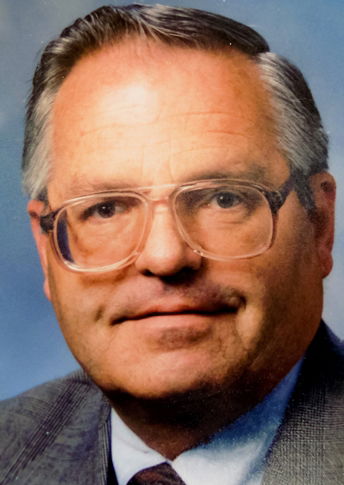3-Hour Virtual Seminar on 510(k)'s, PMA's, IDE's and DeNovo's
Faculty: John E. Lincoln | Code: MD3554
- Date:3/27/2023 11:00 AM - 3/27/2023 02:00 PM
- Time zone: Eastern Time (US/Canada) Online Event
Description
The regulation and control of new or substantially changed medical devices for sale in the US is based on the 510(k), PMA or DeNovo submission process.
For decades, the regulation and control of new or substantially changed medical devices for sale in the United States (no matter where manufactured has been based on the 510(k), PMA or DeNovo submission and FDA review process. A 510(k) clearance for Class II devices or a Pre Market Approval for Class III devices is required prior to comercialization. IDEs are for investigational devices prior to submission. And DeNovo is for less risky Class III devices that could possibly be Class II. These submissions allow the FDA to review products as to substantial equivalence to existing products on the market (510(k)), or of a higher risk requiring clinicals (PMA).
The 510(k) process has had some recent modification to allow for newer technology (Breakthrough) or increased safety (STeP). And new Machine Learning and Artificial Intelligence features add additional complexity to the process. The data gathered during any human clinical trials of a device under an Investigational Device Exemption (IDE) becomes part of some submissions, primarily the PMA.
Why You Should Attend:
This seminar will discuss current US Federal law on the 510(k), IDE, DeNovo, and PMA and associated requirements for getting a new or substantially changed medical device through the US FDA review process and to market in the USA. US law and the FDA require that a device be the subject of an approved marketing application before it is transported or distributed across state lines. Because a sponsor will probably want to ship an investigational device to clinical investigators in many states, it must seek an exemption from that legal requirement. The IDE is the means through which the sponsor technically obtains this exemption from the FDA.
The 510(k) program has recently been "modified" to encourage new technology and/or safer products to be submitted under the less severe 510(k) process to advance the state of the art, rather than the longer, more involved and more expensive PMA route when safety and efficacy issues remain substantially the same.
Areas Covered in the Session :
- Device Submissions and the US FDA
- The 510(k) process
- The IDE process
- The PMA process
- The DeNovo Process
- New 510(k) Mod program and Q-Sub
- Machine Learning and Artificial Intelligence Issues - FDA "Principals"
- Post-market requirements
Who Should Attend:
- Senior management in Devices, Combination Products
- Quality Assurance Departments
- Quality Control Departments
- Research and Development Departments
- Regulatory Affairs Departments
- Medical Device Product Development Teams
- Manufacturing Departments
- Engineering Departments
- Operations Departments
- Production Departments
- Marketing Departments
- Consultants
- Everyone tasked with drug product development, manufacturing, process / product / data analysis, regulatory submission responsibilities
Course Director: JOHN E. LINCOLN
 | John E. Lincoln, is Principal of J. E. Lincoln and Associates LLC, a consulting company with over 41 years experience in U.S. FDA-regulated industries, 27 of which are as an independent consultant. John has worked with companies from start-up to Fortune 100, in the U.S., Mexico, Canada, France, Germany, Sweden, China and Taiwan. He specializes in quality assurance, regulatory affairs, QMS problem remediation and FDA responses, new / changed product 510(k)s, process / product / equipment including QMS and software validations, ISO 14971 product risk management files / reports, Design Control / Design History Files, Technical Files. He's held positions in Manufacturing Engineering, QA, QAE, Regulatory Affairs, to the level of Director and VP (R&D). In addition, John has prior experience in military, government, electronics, and aerospace. He has published numerous articles in peer reviewed journals, chapters in books including RAPS (4 chapters), conducted workshops and webinars worldwide on these same issues. John is a graduate of UCLA. |